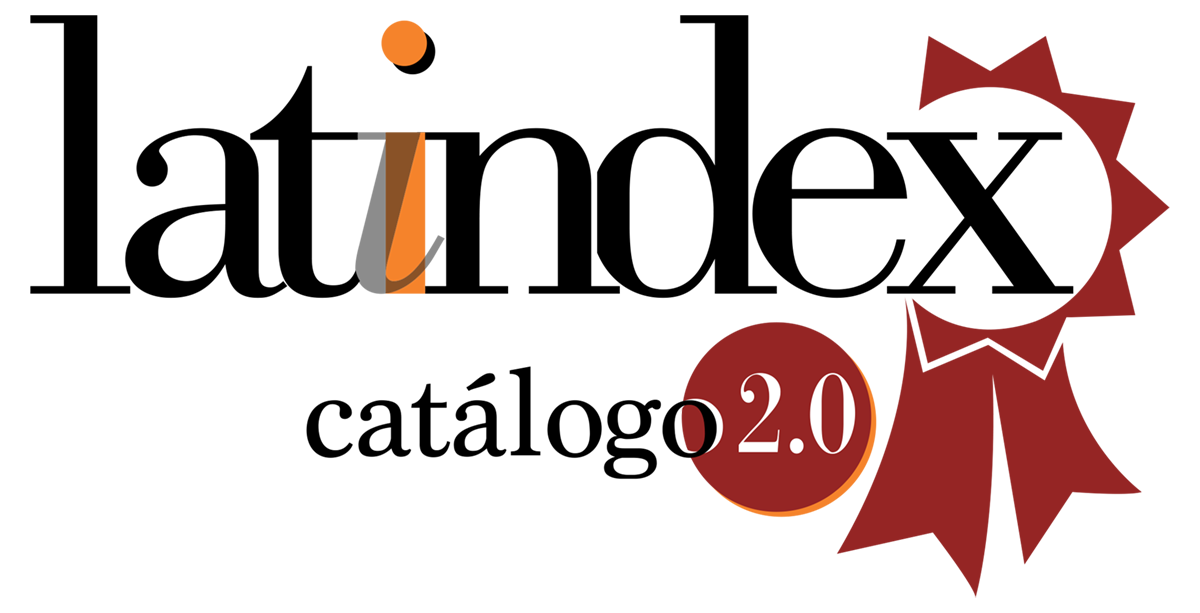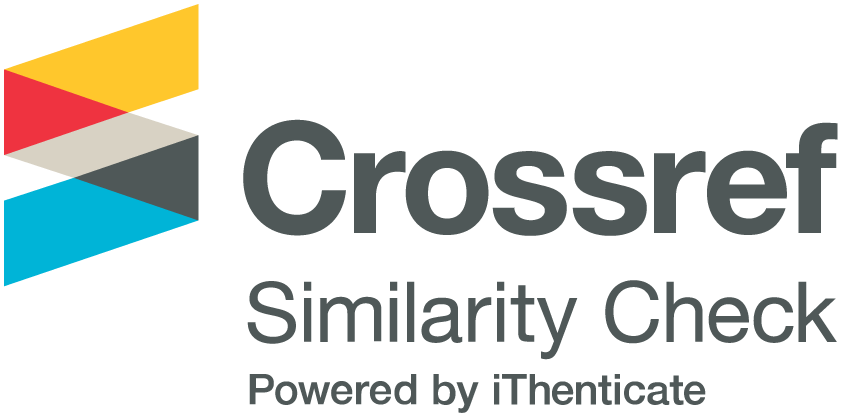Surviving Cancer in Adolescence. An Approach to the Social Sequelae based on Life Trajectories
DOI:
https://doi.org/10.54790/rccs.17Keywords:
childhood cancer, survivors, trajectories, clinical sociology, social sequelaeAbstract
Adolescents cured of cancer can see their vital projection altered by the consequences of the disease, since the social sequelae, little studied, have an important role in their academic and relational trajectories. The research note tries to contribute to the analysis of educational contexts and their effects on the subjective construction of adolescents through the experience of the difference in the different dimensions affected by having been diagnosed and treated for childhood cancer, considering the educational, family or leisure environment. Of special interest is the impact of the diagnosis and the parenthesis of treatment (one year in bone tumors) on social interaction and the recovery of a normalized social life.
Downloads
Metrics
References
Aragón, A. y Martínez, M. R. (2021). Los relatos de vida como estrategia de acercamiento a la trayectoria social de los supervivientes de cáncer infantil. Una aproximación desde la Sociología clínica. Sociedad e Infancias, 5(1), 105-108. https://doi.org/10.5209/soci.74191 DOI: https://doi.org/10.5209/soci.74191
Barrenetxea, M. (2021). Estudiantes enfermos y supervivientes de cáncer: Nuevo reto para las universidades. Revista Andina de Educación, 4(2), 93-101. https://doi.org/10.32719/26312816.2021.4.2.11 DOI: https://doi.org/10.32719/26312816.2021.4.2.11
Brown, M. C., Pearce, M. S., Bailey, S. y Skinner, R. (2016). The long-term psychosocial impact of cancer: the views of young adult survivors of childhood cancer. European Journal of Cancer Care, 25(3), 428-439. https://doi.org/10.1111/ecc.12380 DOI: https://doi.org/10.1111/ecc.12380
Castejón, A., Montes, A. y Manzano, M. (2020). Mismos caminos, distintos destinos. Explorando el efecto de las trayectorias educativas y del origen social en las transiciones hacia la educación postobligatoria. Revista de Sociología de la Educación, 13(4), 507-525. https://doi.org/10.7203/RASE.13.4.18030 DOI: https://doi.org/10.7203/RASE.13.4.18030
Choi, A., Gil, M., Mediavilla, M. y Valbuena, J. (2018). Predictors and effects of grade repetition in Spain. Revista de Economía Mundial, 48, 21-42.
Cupit, M., Syrjala, K. y Hashmi, S. (2018). Damocles’ syndrome revisited: Update on the fear of cancer recurrence in the complex world of today’s treatments and survivorship. Hematology/Oncology and Stem Cell Therapy, 11(3), 129-134. https://doi.org/10.1016/j.hemonc.2018.01.005 DOI: https://doi.org/10.1016/j.hemonc.2018.01.005
De Gaulejac, V. y De Yzaguirre, F. (2018). Sociología clínica y emancipación del sujeto. En J. L. A. Estramiana y J. R. Torregrosa (Coords.), La interacción social (pp. 251-270). Madrid: CIS.
Dumas, A., Cailbault, I., Perrey, C., Oberlin, O., Vathaire, F. y Amiel, P. (2015). Educational trajectories after childhood cancer: when illness experience matters. Social Science & Medicine, 135, 67-74. https://doi.org/10.1016/j.socscimed.2015.04.031 DOI: https://doi.org/10.1016/j.socscimed.2015.04.031
Grasseli, F. y Salomone, M. (2012). La perspectiva teórico-metodológica de la Sociología clínica. Prisma Social, 9, 85-109.
Grau, C. (2005). La atención educativa de las necesidades educativas especiales de los niños enfermos de cáncer. Revista Bordón, 57(1), 47-58.
Hall, M. (2006). Narrative as Vital Methodology in Clinical Sociology. Journal of Applied Sociology, 23(1), 53-67. https://doi.org/10.1177/19367244062300105 DOI: https://doi.org/10.1177/19367244062300105
Hendriks, M. J., Harju, E. y Michel, G. (2021). The unmet needs of childhood cancer survivors in long-term follow-up care: a qualitative study. Psycho-Oncology, 30(4), 485-492. https://doi.org/10.1002/pon.5593 DOI: https://doi.org/10.1002/pon.5593
Hill, A. J. (2014). The costs of failure: negative externalities in high school course repetition. Economics of Education Review, 43, 91-105. https://doi.org/10.1016/j.econedurev.2014.10.002 DOI: https://doi.org/10.1016/j.econedurev.2014.10.002
Howard, K. M., Willard, V., Barnes, S., Tillery, R., Long, A. y Phipps, S. (2017). Emotion socialization in the context of childhood cancer. Journal of Pediatric Psychology, 42(1), 95-103. https://doi.org/10.1093/jpepsy/jsw062 DOI: https://doi.org/10.1093/jpepsy/jsw062
Khan, M., Majeed, A. y Shariar, I. (2021). An assessment of pertinent social circumstances on childhood cancer. Social Science Journal for Advanced Research, 1(1), 5-11. https://www.ssjar.org/index.php/ojs/article/view/4
Kim, M. A. y Yi, J. (2014). Life after cancer: How does public stigma increase psychological distress of childhood cancer survivors? International Journal of Nursing Studies, 51(12), 1605-1614. https://doi.org/10.1016/j.ijnurstu.2014.04.005 DOI: https://doi.org/10.1016/j.ijnurstu.2014.04.005
Paré-Blagoev, E. J., Ruble, K., Bryant, C. y Jacobson, L. (2019). Schooling in survivorship: understanding caregiver challenges when survivors return to school. Psycho-Oncology, 28(4), 847-853. https://doi.org/10.1002/pon.5026 DOI: https://doi.org/10.1002/pon.5026
Pujadas, J. J. (2002). El método biográfico: el uso de las historias de vida en ciencias sociales. Madrid: CIS.
Tsimicalis, A., Genest, L., Stevens, B., Ungar, W. J. y Barr, R. (2018). The Impact of a Childhood Cancer Diagnosis on the Children and Siblings’ School Attendance, Performance, and Activities: A Qualitative Descriptive Study. Journal of Pediatric Oncology Nursing, 35(2), 118-131. https://doi.org/10.1177/1043454217741875 DOI: https://doi.org/10.1177/1043454217741875
Verd, J. M y Lozares, C. (2008). La entrevista biográfico-narrativa como expresión contextualizada, situacional y dinámica de la red socio-personal. Redes, 15(2), 95-125. https://doi.org/10.5565/rev/redes.132 DOI: https://doi.org/10.5565/rev/redes.132
Verhoeven, M. (2013). Desigualdades múltiples, carreras escolares y pruebas en sistemas educativos post-masificación. Propuesta Educativa, 2(40), 87-98.
Downloads
Published
How to Cite
Issue
Section
License
Copyright (c) 2022 Alba María Aragón Morales, María Rosalía Martínez

This work is licensed under a Creative Commons Attribution-NonCommercial-ShareAlike 4.0 International License.










